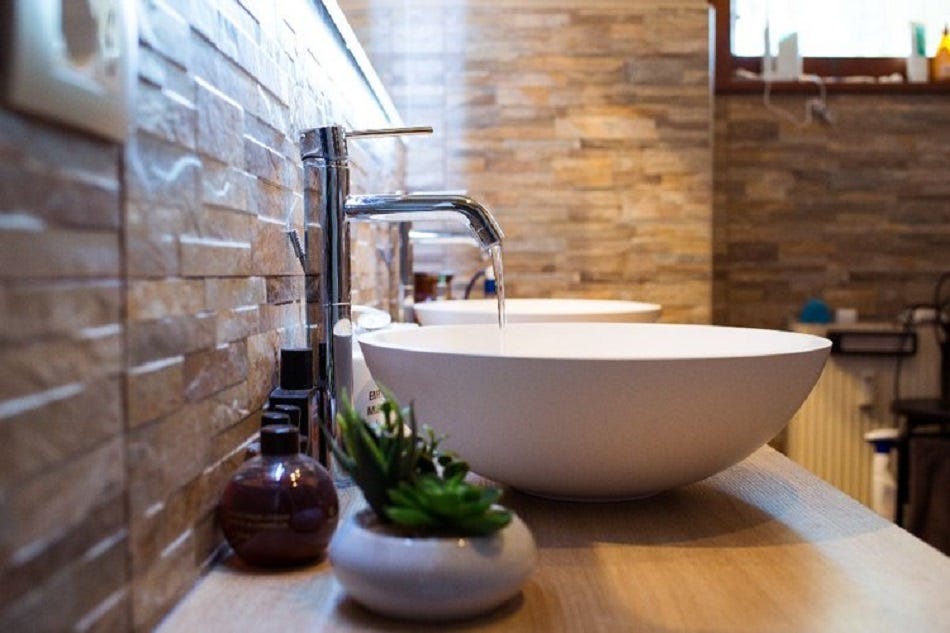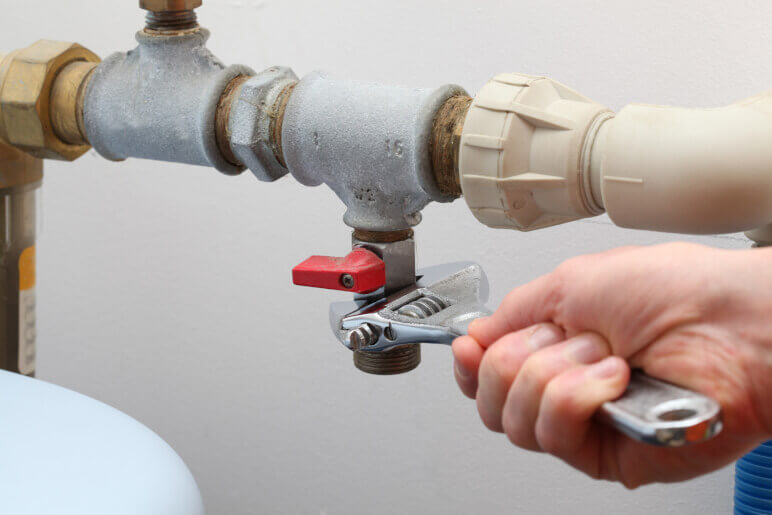Key Bathroom Plumbing Guidelines for Beginners
Key Bathroom Plumbing Guidelines for Beginners
Blog Article
Were you hunting for content about General Plumbing Tips for New Homeowners?

For brand-new property owners, understanding and preserving shower room pipes can conserve both money and time by protecting against pricey concerns down the line. Here are some vital shower room pipes ideas to aid you maintain every little thing running efficiently.
Familiarize Yourself with the Main Shut-Off Valve
Knowing where the major water shut-off valve is located in your home is vital. This permits you to quickly turn off the water system in case of significant leakages or throughout pipes emergency situations, preventing comprehensive water damage.
On A Regular Basis Evaluate for Leakages
Little leaks can result in big problems. Frequently inspect under sinks, around toilets, and near pipes components for any kind of indicators of leakages. Look for dampness, small drips, or corrosion. Catching and repairing leaks early can stop more major damages and conserve water.
Do Not Neglect Slow Drains Pipes
If your sink or tub is draining gradually, it's commonly a sign of a blockage developing. Addressing this early can protect against a complete blockage. Make use of a plunger or a plumber's snake to clear out particles. Stay clear of making use of chemical drainpipe cleaners as they can damage your pipes over time.
Know What Not to Flush
Toilets are not garbage disposals. Avoid purging anything aside from toilet tissue and human waste. Items like wipes, womanly hygiene items, and cotton bud must be thrown away in the trash to stop blockages and sewage system backups.
Install Strainers in Drains
Area strainers in your sink and bath tub drains to capture hair and other particles before they enter your plumbing system. Cleaning up the strainers on a regular basis will help prevent accumulation and maintain water moving freely.
Preserve Your Water Heater
Ensure your hot water heater is set to a proper temperature (typically about 120 levels Fahrenheit) to avoid hot and reduce power usage. Flush the container yearly to get rid of sediment build-up, which can decrease the performance and life expectancy of your heater.
Update Your Fixtures
If your home has older components, think about updating to much more reliable models. Modern commodes, showerheads, and faucets are created to make use of much less water while offering good stress, which can dramatically minimize your water expense and environmental impact.
Beware with Do It Yourself Plumbing Services
While it's appealing to handle all home repair services by yourself, be cautious with plumbing. Some concerns may call for specialist competence, specifically if they entail primary water lines or sewage system fixings. Working with an expert can sometimes be much more cost-effective than DIY, especially if it stops additional damage.
Prepare for Cold Weather
Shield your pipelines from freezing during winter by shielding pipelines in unheated areas like cellars, attics, and garages. Throughout extreme cold, let cold water drip from taps served by revealed pipes to aid prevent cold.
Set Up Routine Maintenance
Think about scheduling annual inspections with a certified plumbing technician. They can detect concerns that you might miss, such as concealed leaks or deterioration on pipes and components. Routine maintenance helps extend the life of your plumbing system and can prevent emergency situations.
Verdict
Understanding and keeping your home's washroom plumbing can avoid lots of typical concerns. By complying with these important suggestions, you can guarantee your shower room continues to be functional and reliable, conserving you money and time in the future.
5 Plumbing Tips for First-Time Homeowners
Know How to Shut Off the Water
In most homes, the water can be shut off at two places: at the appliance or fixture itself, and for the whole house. For instance, look under your sink or behind the toilet. See those little knobs that connect with the pipes? Those are the shut off valves for those fixtures. Simply turn them until the water is off. The main shut off valve (which controls water throughout your entire home) will be outside, where the water feeds into the structure. You might need a dedicated tool, such as a water shut-off key, to shut off the water at the main.
Build an Emergency Plumbing Kit
Everyone knows how important it is to have a high-quality plunger around the house. But there are other things that can help you out when issues arise with the pipes. Building an emergency plumbing kit to solve issues on your own is part of any list of basic plumbing tips. Consider adding these things to create a basic plumbing kit:
Adjustable wrench Tongue-and-groove pliers Screwdrivers Plumber’s tape Pipe sealant Duct tape Set of hex keys Clip light for working under cabinets Auger and hand snake Do a Little Research
Many small leaks can be handled by replacing a small part of the piping system, tightening part of a faucet, or even changing out an aerator. Take the time to browse how-to articles for common plumbing problems, such as a running toilet or slow-draining sink. You might be surprised to find how easy it can be to do simple things yourself, like replace a valve in the back of the toilet.
Keep it Simple With No Chemicals
If you have a clog, you might be tempted by the promises of liquid drain cleaner. While this might work at first, it actually causes more damage deep in the pipes, eventually creating even more problems down the road.
Instead, try using baking soda and vinegar to create a strong fizzing effect that can help break up clogs and clear gunk from drains. Follow it with boiling water to clean the pipes even more thoroughly.
Take Care of Your Garbage Disposal
Be cautious about what you put down the disposal. Avoid pouring in fats, oils, and grease, as these are a surefire way to get a clog. Beware of certain foods too, such as celery or bones, as they can lodge in the works. Always run the disposal with water flowing.
https://modernize.com/homeowner-resources/other/10-plumbing-tips-for-first-time-homeowners

Schedule Free Estimate Report this page